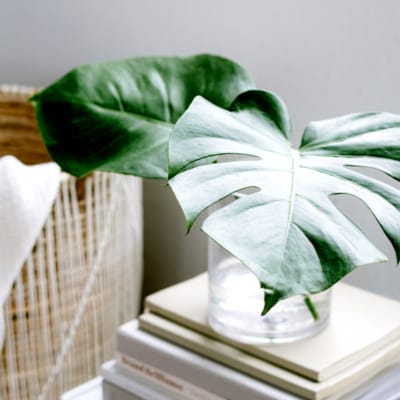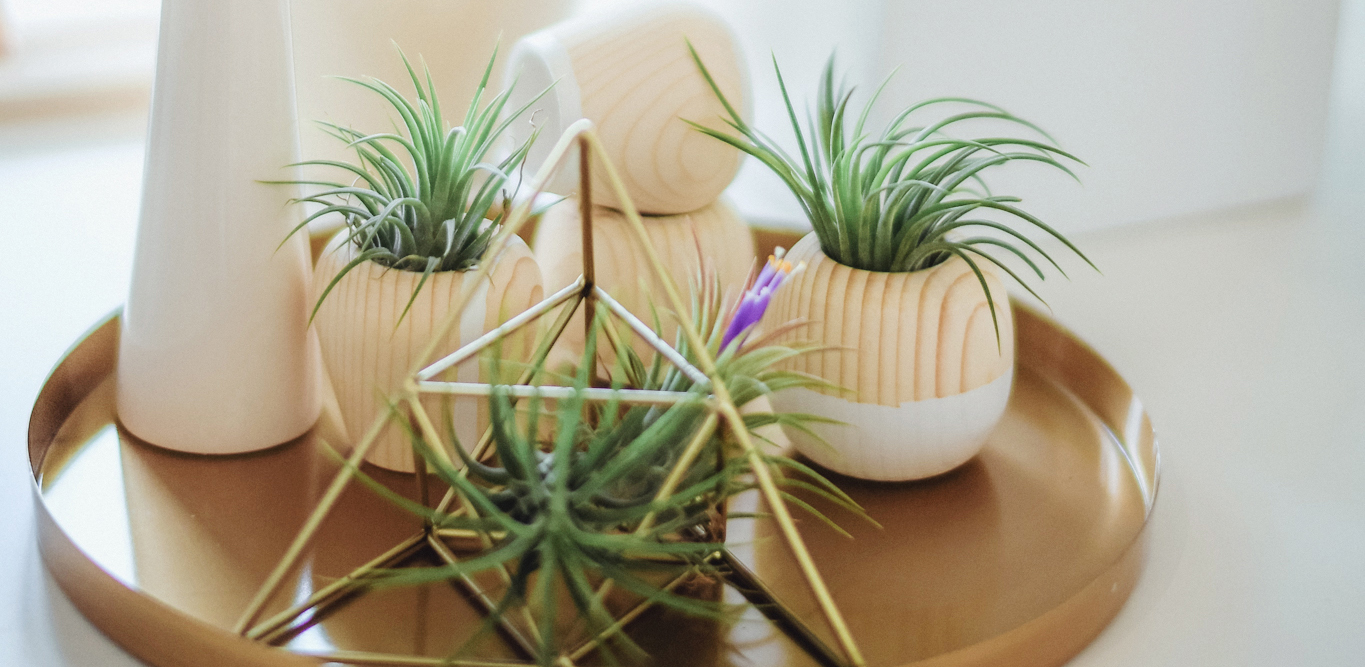
|
In our daily life, we are exposed to numerous chemicals through our food, skin & airways. According to the Endocrine Society (2019), there are over 85,000 manufactured chemicals, thousands of which may be categorised as endocrine disruptor chemicals (EDC), i.e. EDCs. These chemicals are known to impact the body’s hormones, leading to infertility in males and females, breast cancer, endometriosis, abnormal growth patterns and neurodevelopmental delays in children, and altered immune function (Endocrine Society, 2014; WHO, 2019). Your way to low tox living So where do we find those EDCs and what are our alternatives? AcuHealth is all about holistic living and we would like to support you to establish a clean, chemical-free life with ease. For the start into a fresh, clean new year 2019, we will provide you with tips for ridding chemicals from your life and will share with you simple and healthy DIY-alternatives and a number of brands that we trust to be free of EDCs. |
How the different parts of our body communicate
Our hormonal (endocrine) system consists of numerous glands which produce one or more hormones. These natural chemicals are messengers and distributed throughout the body by the circulatory system, our bloodstream where they target tissues or organs and trigger a certain response, which can be producing another hormone or triggering a change in metabolism.
How would this impact your fertility?
There is increasing evidence (Marques-Pinto & Carvalho, 2013) that EDCs can be blamed for the rising occurrence of fertility disorders, in both men and women. If you want to conceive, you may want to check your pantries and replace a few items by more wholesome, natural alternatives.
Examples of products in your environment that may expose you to EDCs:
|
Personal Care · Shower gel, shampoo, conditioner, moisturizer · Deodorant, Perfumes · Shaving products · Toothpaste · Makeup · Nail polish · Hair Coloration · Hair Sprays
Skin Protection · Sunscreen · Insect repellents |
Cleaning & Laundry · Detergents, powders and liquids · Fabric Softener · Dishwashing liquid · Spray and wipes
Scents · Air Fresheners · Candles
|
Food Preparation · Plastic containers/bottles · Pans · Foils · Tins
Food Additives & Pesticides · Sprayed vegetables & fruits · Processed foods
|
Some examples of chemicals classified as EDCs (Endocrine Society, 2014):
|
· DDT · Chlorpyrifos · Atrazine · 2,4-D · glyphosate · Lead · Cadmium · BPA |
· Phthalates · Phenol · Brominated flame retardants · PCBs · Parabens · Triclosan · Perfluorochemicals |
10 vital tips on how to limit toxicity in your life –
In your kitchen
1. Make it a habit to check all labels, i.e. know what you eat. Avoid any foods containing preservatives, colourants and additives.
2. Buy fresh organic or spray-free foods. For budget reasons, you may just buy your staple foods in organic, that could be all your grains, fresh greens, apples, carrots for instance. Check out the dirty dozen and the clean 15 to set your focus.
3. Wash any sprayed fruits & veggies carefully and possibly with vinegar water.
4. When heating up foods in a microwave do not use plastic containers but use glass instead.
5. Cover bowls with plates rather than using foils to cover or wrap your food in.
6. Buy yourself a glass water bottle and fill it at home with filtered water.
In your bathroom:
7. Change brands for your personal items or check out DYI products (deodorants). Check all labels and avoid the usage of synthetic fragrance and parabens in your personal care.
For your household items.
8. Clean with DIY products. Mix 250 ml of vinegar, 250 ml of water and ½ teaspoon of either tea tree or eucalyptus oil for a great blend. Add ½ tea spoon of rosemary or other essential oil for a nice smell. To make an antibacterial solution, add another 1 teaspoon of eucalyptus.
9. Use mild laundry detergents and fabric softeners free of fragrances.
10. Instead of fragranced air sprays, use essential oils as room vaporizers.
Our shopping tips for you:
· Northey Street Organic Markets on Sundays (grains and vegetables)
· Healthfood shelves at Woolworths & Coles, select products at Aldi
· Alkaway and Zazen (water filters)
· Nature’s Botanical (Insect Repellents)
· OrganicSpa (Skincare)
· Weleda (great Deodorants and skincare)
· SunBum (Sunscreen)
· Grants (toothpaste)
· Earth Choice (Cleaning & laundry products)
· Pure essential oils from PerfectPotion, doterra etc.
Do you want more inspiration for a low tox life? Then check out Alexx Stuart’s handbook for a healthy you and happy planet. The Kindle version on amazon currently deals at only $3.99.

References
World Health Organization. (2019). Endocrine Disrupting Chemicals (EDCs). Retrieved January 3, 2019, from https://www.who.int/ceh/risks/cehemerging2/en/
Endocrine Society. (2014). Introduction to endocrine disrupting chemicals (EDCs). Retrieved from https://www.endocrine.org/-/media/endosociety/files/advocacy-and-outreach/important-documents/introduction-to-endocrine-disrupting-chemicals.pdf
Marques-Pinto, A., & Carvalho, D. (2013). Human infertility: Are endocrine disruptors to blame? Endocrine connections, 2(3), 15-29. Retrieved from https://www.ncbi.nlm.nih.gov/pmc/articles/PMC3845732/
Green, M. (2019). The household chemicals affecting your fertility. Retrieved from University of Melbourne https://pursuit.unimelb.edu.au/articles/the-household-chemicals-affecting-your-fertility

Recent Comments